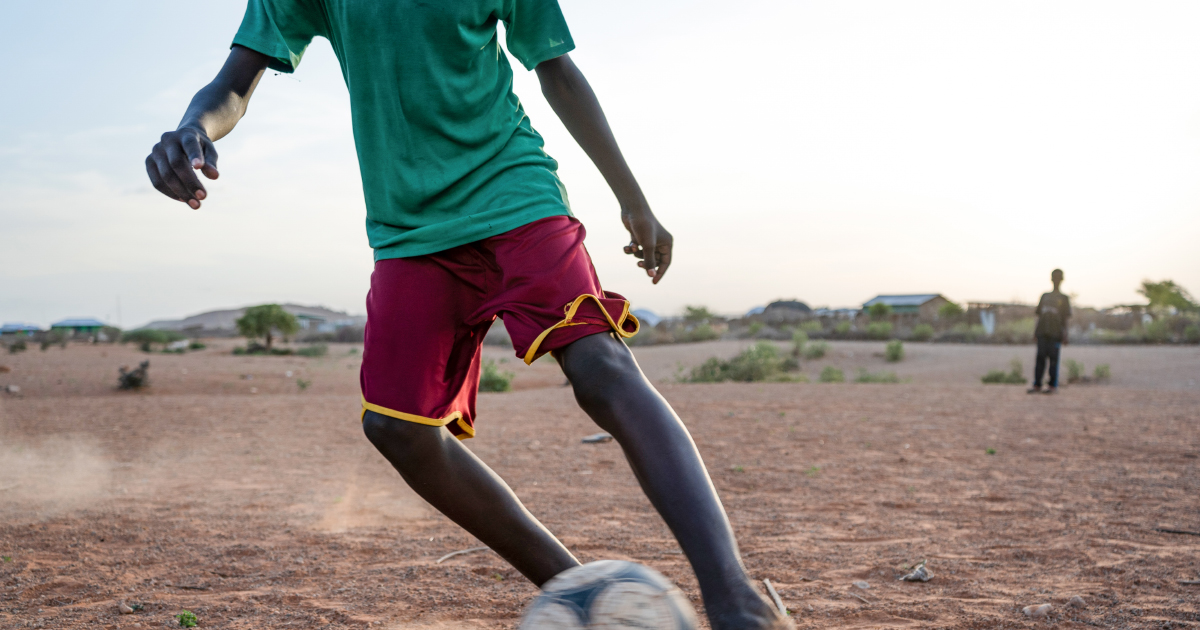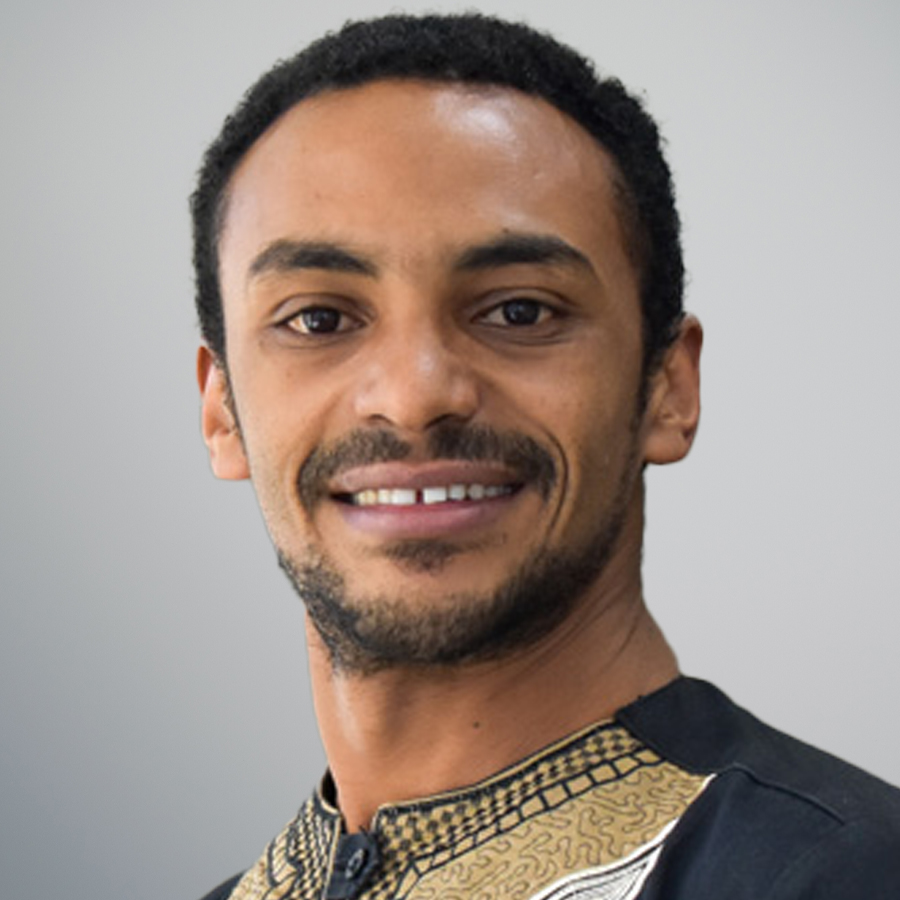At a webinar organised by the Centre for Human Rights, University of Pretoria, in commemoration of the #WorldRefugeeDay, renowned experts drawn from the office of the United Nations High Commissioner for Refugees (UNHCR), African Union Mission in Somalia (AMISOM), civil society (Lawyers for Human Rights) and academia called for increased inclusion of refugees in health systems, education and sports in Africa and made important recommendations to the international community, states, communities hosting refugees, and individuals.
Prof Frans Viljoen, Director of the Centre for Human Rights, who moderated the event, emphasised that a day (20 June, the date the 1969 OAU Convention Governing the Specific Aspects of Refugee Problems in Africa entered into force in 1974) that was initially declared by the African Union as the #AfricanRefugeeDay was eventually adopted by the United Nations General Assembly as World Refugee Day.
In their presentations, the panellists commended the generous hospitality of host states and communities that integrated refugees’ access to health and education in existing systems. They also acclaimed the vital role played by the UNHCR, United Nations Children’s Fund and non-governmental organisations in facilitating and providing health facilities, schools and human resources to refugees and host communities in many African states.
The indispensable significance of the rights to health and education to everyone and the importance of sports for health and education was highlighted by the panellists. Besides its health benefits, participation in sports fosters better relationships between refugee and non-refugees, thereby enhancing harmony and understanding. For children in particular, playing is a source of pleasure, morale and interaction. The panellists also attached great importance to the inclusion of 29 refugees to participate in the upcoming Tokyo Olympics. Among the things of great note in the webinar is that the panellists pointed out some of the pressing challenges obstructing refugees’ access to health services and education, which relate to law and policy, lack of implementation, and resource constraints. Concerning the inclusion of refugees in health systems, they identified the unavailability of adequate resources, including health facilities for host communities, as a pre-existing challenge impeding refugees’ access to health. Particularly focusing on South Africa, the difficulty for refugees to renew their documents since the declaration of lockdown measures and the associated ramifications for their access to health was mentioned as a critical challenge. In addition, the following were raised as critical challenges: the inconsistency of the South African Health Act and health policies with the rights recognised under the Constitution and the (Amended) Refugees Act 130 of 1998; the tightening of refugees’ pathways to permanent residency and citizenship; the lack of implementation of constitutional and legal guarantees; and the inadequate level of compliance with court judgments regarding refugees’ socio-economic rights.
The panellists also identified key challenges obstructing refugees’ access to education. Many of these impediments relate to poverty in many refugee-hosting communities, and budget constraints in refugee camp settings in Africa. Because refugees often settle in poorer communities where there are limited social services, their access to education becomes restricted as a result. Food insecurity due to the lack of donor funding also adversely affects school retention. As many refugee children depend on school feeding programmes, when such programmes are discontinued due to lack of funding, many of them drop out of school. Poverty is also linked to the limited availability of access to higher education, which ultimately adversely affects many refugees’ life outcomes.
Webinar Video: #WorldRefugeeDay (21 June 2021)
To overcome these challenges, the panellists made the following recommendations:
To the International community
- Provide financial assistance to refugee-hosting countries and ensure that such assistance reaches both host communities and refugees.
To the African Union
- Address the root causes of conflict in Africa.
To refugee host states
- Reform laws and policies in order to include refugees. Refugees must be included in COVID-19 vaccination programmes. Host states should craft specialised programmes targeting refugees to enable refugees to access vaccination and other health services.
- Take immediate measures to ensure the retention of refugee children and to enable the return of those who have dropped out of school.
- Abandon encampment policies because they violate the fundamental rights of refugees.
To educational institutions
- Commit to take more concrete steps to ensure refugees’ access to education.
- Give voice to refugees to articulate their rights.
To individuals
- Promote pan-African solidarity and the idea of Ubuntu.
The Centre for Human Rights, Faculty of Law, University of Pretoria, sincerely appreciates the contributions made by the participants in the webinar and the expert panel composed of Dr Allehone Abebe (UNHCR), Dr Walters Samah (AMISOM), Hlengiwe Mtshatsha (Lawyers for Human Rights), and Dr Michael Addaney and Dr Callixte Kavuro, who are from academic institutions in Ghana and South Africa, respectively.
#WorldRefugeeDay #AfricanRefugeeDay #AfricanMigrantsMatter
For more information, please contact:



